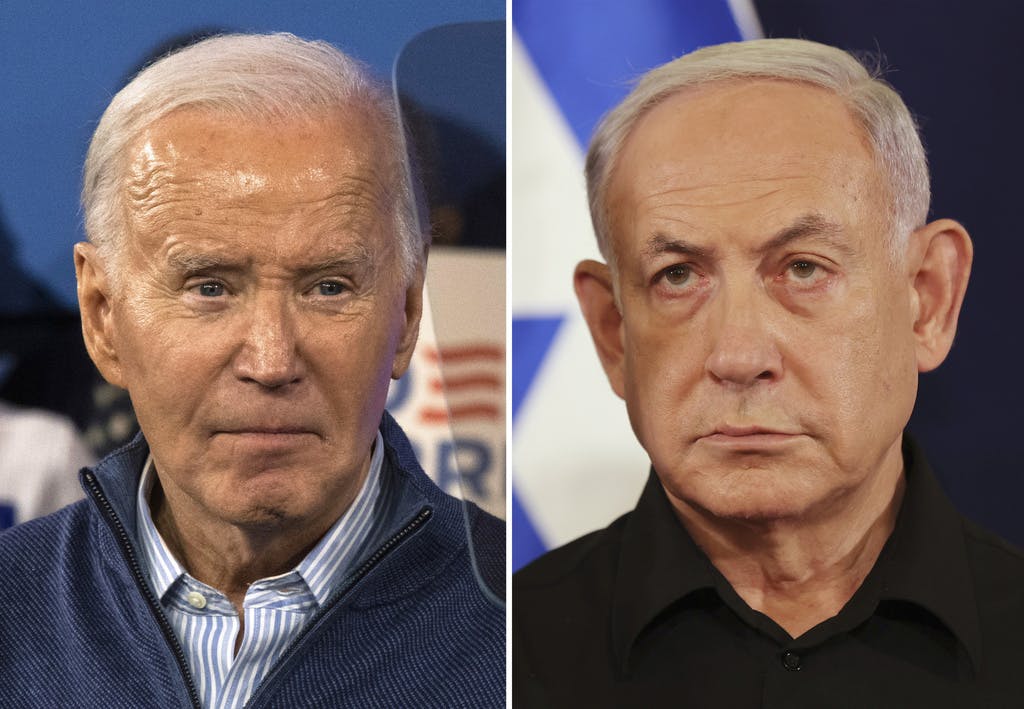
‘I Have the Right To Talk About Their Decision’: Colbert Doubles Down on Claim CBS Blocked Him From Interviewing Democrat
By BRADLEY CORTRIGHT
|Biden, and the vice president who hopes to succeed him, are concerned that a Mideast October surprise could burst the region in flames. The Israeli government, on the other hand, sees a rare window of opportunity to cripple the Islamic Republic.

Already have a subscription? Sign in to continue reading

By BRADLEY CORTRIGHT
|
By DANIEL EDWARD ROSEN
|
$0.01/day for 60 days
Cancel anytime
By continuing you agree to our Privacy Policy and Terms of Service.
By LAWRENCE KUDLOW